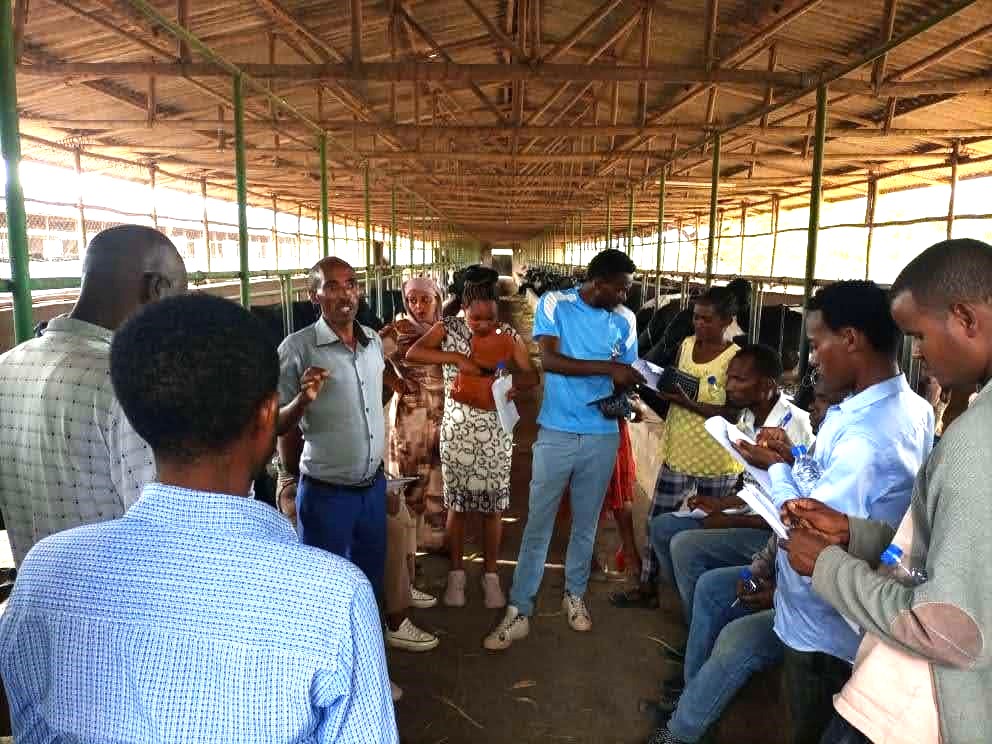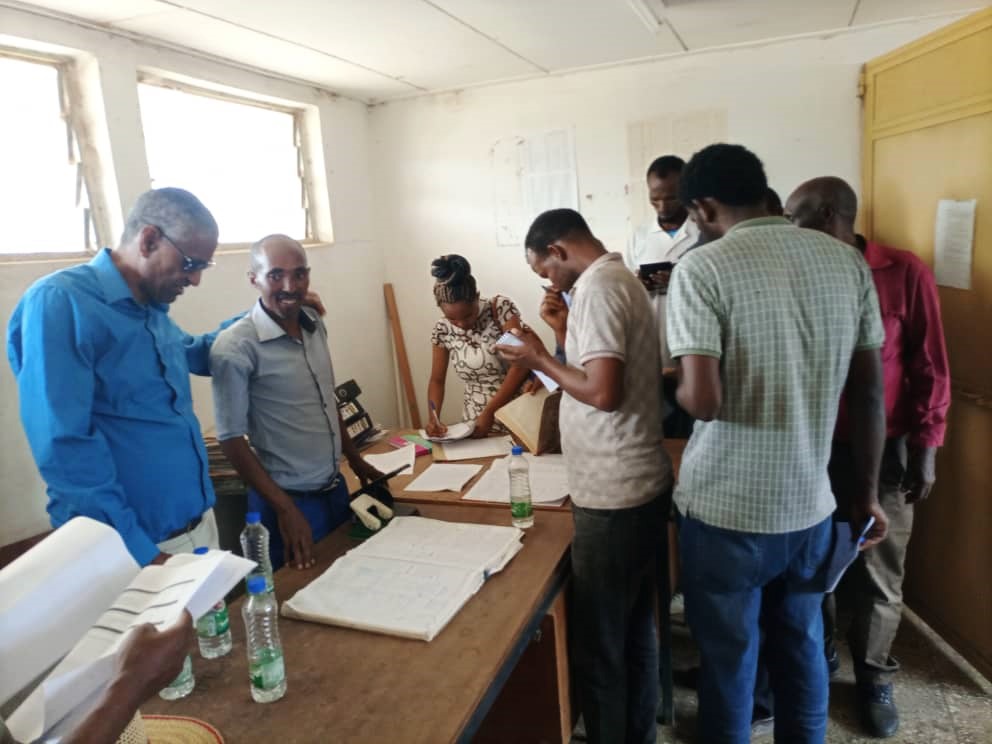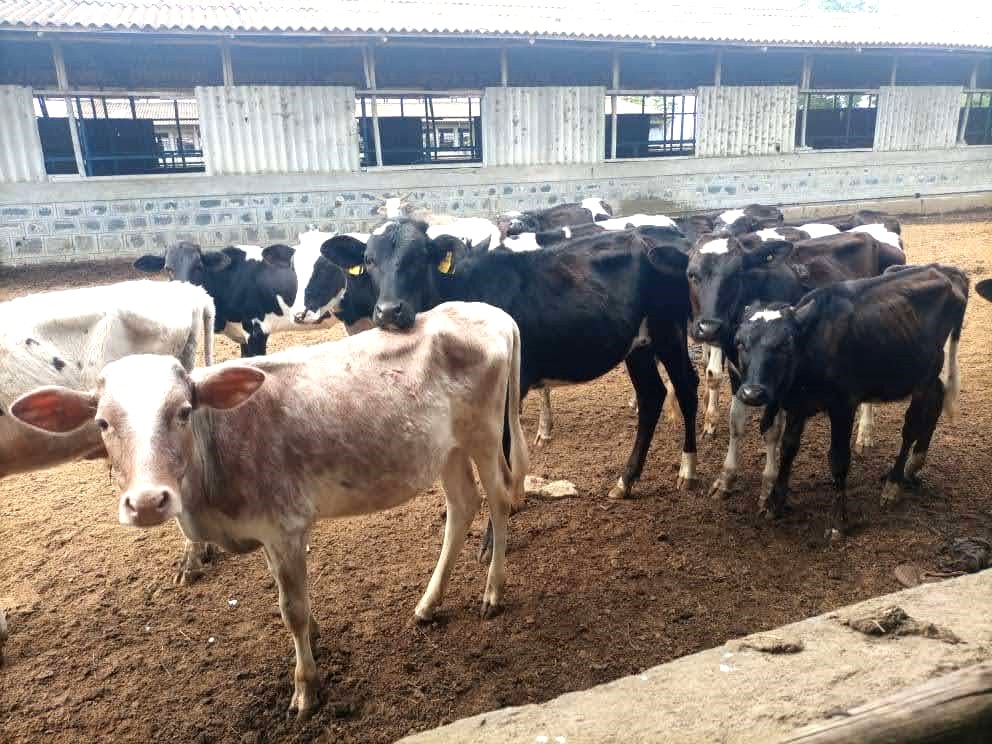In some cases, physical training may not be possible due to safety concerns. But sometimes we offer blended training on purpose. This combines online and face-to-face training, often with the help of local trainers. In March 2024, we participated in a tailor-made training (TMT) project at Alage Agricultural Technical Vocational Education (ATVET) College in Ethiopia, funded by the Ministry of Foreign Affairs. The project aimes to provide practical vocational training with a focus on creating employment opportunities for women and young people. HollandDoor Cooperatie U.A. is implementing this project in collaboration with Q-Point B.V., the Ethiopian Commercial Milk Producers Association, and Alage College.
Project Background
Alage ATVET College is an agricultural college in Ethiopia. It was established in 2001, and trains mid-level agricultural professionals and entrepreneurs to increase agricultural productivity and improve the quality of life in rural areas. Alage ATVET College focusses its teaching on six agricultural subject areas: livestock production, animal health, horticulture, natural resource management, small scale irrigation, and agricultural mechanization. The college is also mandated to undertake extension activities at district and kebele's levels. The focus is to develop agriculture and allied sectors by providing problem-solving agricultural technologies to farmers, small and micro enterprises, and end-users. The college has livestock and horticulture farms, including dairy, poultry, swine, fish, sericulture, beekeeping, goat, fruit, and vegetable farms. These farms are used for practical training of students as well as income generation activities. The TMT project enables Alage ATVET College and its partners to better address incubation and entrepreneurial skill development for young dairy farmers. The project aims to support farmers by providing skills, knowledge, and best practices. This will help prevent students from dropping out and ensure college graduates enjoy a smooth transition into employment and self-employment on dairy farms in the surrounding kebele's.
Educational institutes should include entrepreneurship in their curriculums. This will equip students and farmers participating in college community outreach programs with the necessary skills and knowledge to confidently start their own businesses within the dairy sector. Increasing competition among Ethiopian companies in dairy production, processing, and trade will benefit the local economy, youth employment, and the bargaining power of both individuals and Ethiopia as a country. This will eventually result in a better quality of life for the inhabitants of Ethiopia through increased income.
This week, we focused on dairy farm management to determine which areas we can influence and how to adapt management practices. Practical training is also an important component of our program. Fortunately, we were able to put some of the theory directly into practice at the school farm!
For further information, please contact Lisanne Oskam.
Joomla Extensions






